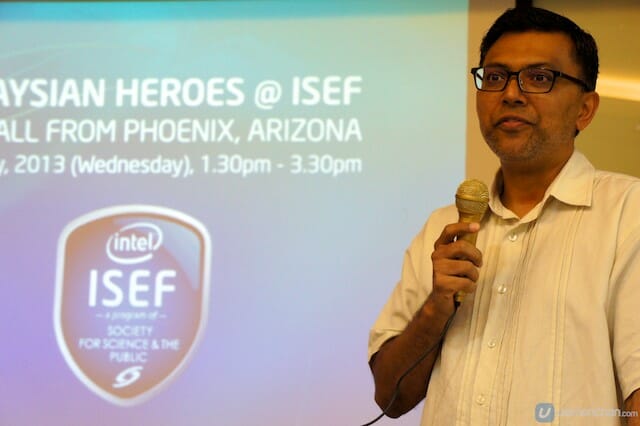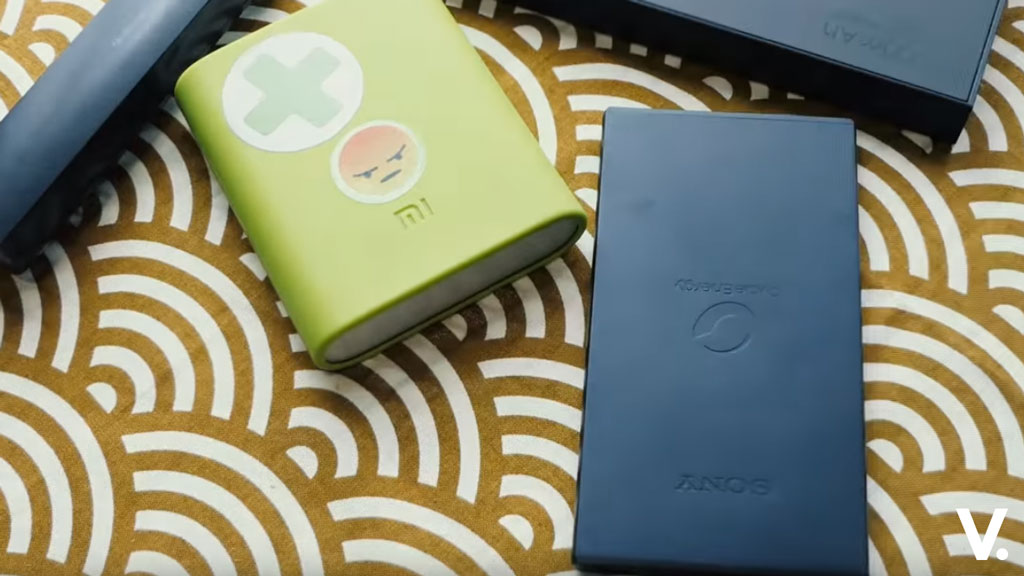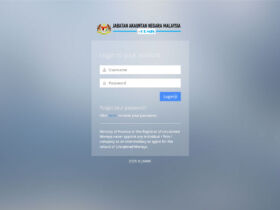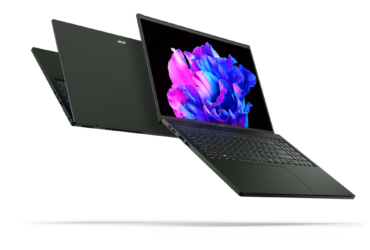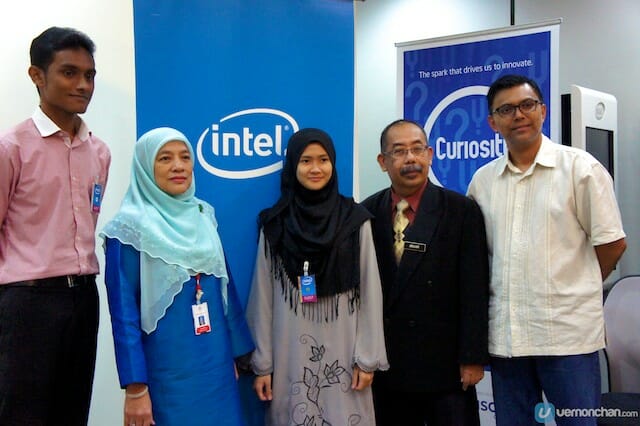
Intel Malaysia today hosted an exclusive video conference session to enable selected local media to communicate with students representing Malaysia at the Intel International Science and Engineering Fair (ISEF) 2013 currently in Phoenix, Arizona, USA.
The Intel International Science and Engineering Fair, a program of Society for Science & the Public, is the world’s largest high school science research competition. Every year in May, a group of students from all over the world are selected as finalists and offered an opportunity to compete for more than US$4 million in awards and scholarships.
The Intel Foundation with support from dozens of corporate, academic, government and science-focused sponsors also awards additional prizes to more than 600 other projects; including Best of Category, Grand Awards, CERN, just to name a few.
This year, approximately 1,600 young scientists the world over gather in Phoenix, Arizona from May 12-17 for the finals. With over 5,000 students in Arizona expected to attend and witness the final ceremony, it is the biggest ISEF competition so far.
Individual countries run their own affiliate fairs, and this year the winning crop of scientists were selected from 433 affiliate fairs in more than 70 countries.
All finalists are selected via a local competition and receive an all-expenses-paid trip to the ISEF. Finalists are judged by hundreds of science, engineering and industry professionals.
Projects tackle some of today’s most pressing global issues, and represent a wide spectrum of scientific disciplines and judged in the following categories:
- Animal Sciences
- Behavioral & Social Sciences
- Biochemistry
- Cellular & Molecular Biology
- Chemistry
- Computer Science
- Earth & Planetary Science
- Energy & Transportation
- Engineering: Electrical & Mechanical
- Engineering: Materials & Bioengineering
- Environmental Management
- Environmental Science
- Mathematical Sciences
- Medicine & Health
- Microbiology
- Physics & Astronomy
- Plant Services
In Malaysia, the local competition is organised by MARA and the Ministry of Education with judging criteria aligned to the standards of the ISEF. Parallel to the ISEF, locally, is the EdAcademy, an economic forum which is targeted at adults, science and mathematics educators and curriculum developers.
The year long project saw a submission of 300 projects ranging from biology, chemistry, computer science and physics disciplines. These projects place emphasis on research processes and data analytics.
The Malaysian hopefuls are three individuals and two two-member teams. As part of preparations for the finals, the students were given guidance to fine-tune their projects; and also took part in a workshop to hone their presentation skills before leaving for the US.
One of the individual finalists, Sarah Wong Jia Xin, who hails from SMK Batu Lintang, Sarawak, discovered that fish scales can be used to effectively remove dye colour and heavy metal in dye waste water.
Nur Liyana of SM Sains Tuanku Syed Putra discovered that palm oil can be extracted from byproducts of palm by utilising a catalyst. This process makes use of waste biomas and reduces methane gas emissions.
Muhammad Ali Zulhazim Bin Rosli from MRSM Taiping studied potential of tea, cinnamon and clove as natural algicides, and his research has shown that these can be developed as natural biosafe algicides to combat water pollution.
The first of the team finalists is the team of Florina Stephanie and Michelle Jane from SMK Batu Lintang. The duo discovered that raw extract of Pangium edule (known as kepayang in Malaysia) leaves can be used as botanical pesticide.
MRSM Pengkalan Chepa’s team of Wan Ezzeriq Bin Wan Zalik and Muhamad Asyri Bin Jamlus project that involved using banana stem to produce biodegradable plastic was proudly mentioned by ISEF during the official opening ceremony earlier today.
Intel’s Director of Corporate Affairs, South East Asia, Abdul Rahman gave media a introduction of Intel ISEF and reiterated Intel’s commitment to education. He revealed that Intel and the Intel Foundation have invested more than US$1 billion over the past decade to improve education in more than 60 countries.
He also offered words of advice and encouragement to the Malaysian students during the video conference.
Also present during the video conference were representatives from MARA and MOE, as well as past finalists of ISEF (2011) – Mohamad Syazwan of MRSM Taiping and Zawin Najah Zulkefli of SM Sains Tuanku Syed Putra.
Congratulations to the Malaysian team!
More pics on Flickr
To learn more about Society for Science & the Public, visit www.societyforscience.org.




